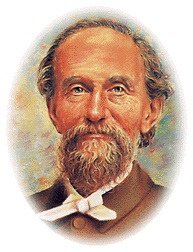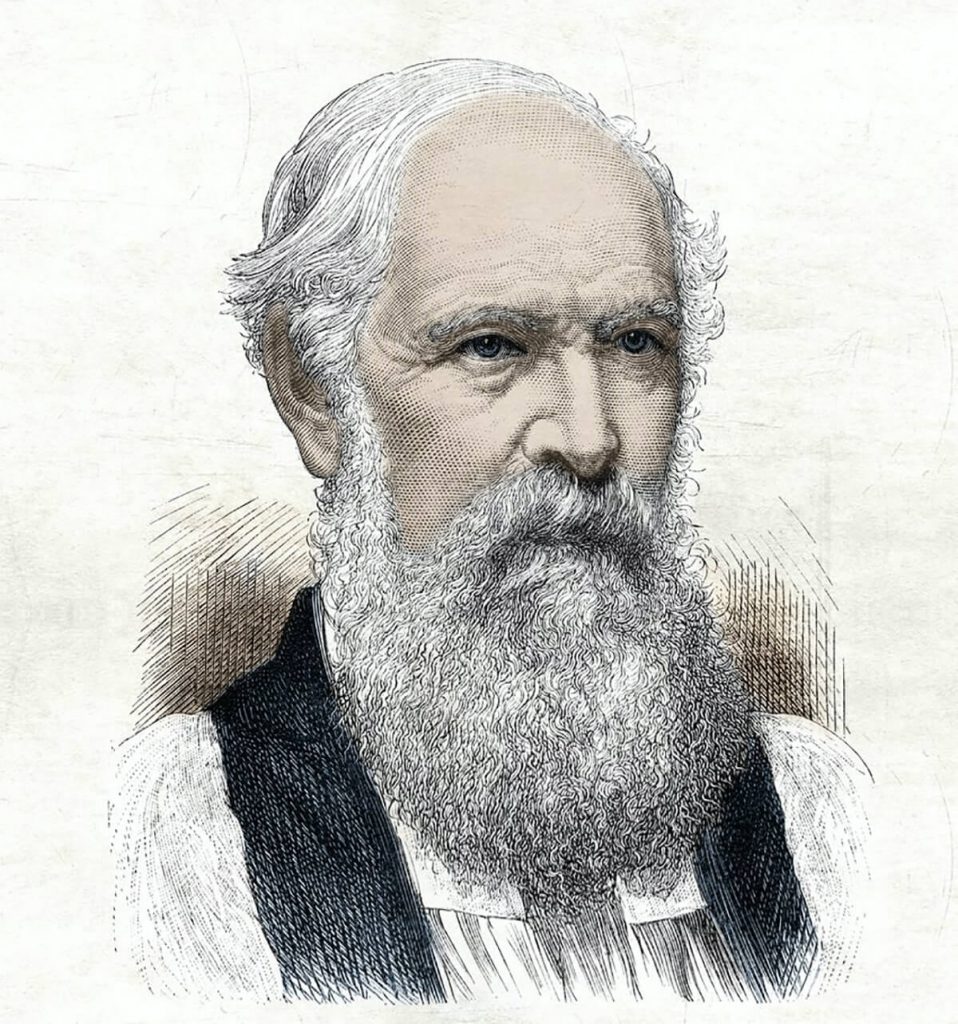Looking back, I could be judgmental as a pastor. I recall taking my afternoon coffee break at the Barnes and Noble coffee shop when an older pastor came in to buy a book. We had met before so we exchanged a few words. He informed me that he was retiring soon. I sensed anticipation about the coming change. He looked tired, his demeanor like Eeyore’s, the stuffed donkey in the Winnie the Pooh stories. I thought to myself, I hope I don’t lose enthusiasm for being a pastor like this guy, that I keep going for years to come.
I don’t know how long after this, probably not many years, a church consultant asked me if, after a lifetime of pastoring the church, I was going to be able to hand over the reins of pastoral leadership to my heir apparent in a couple of years. I replied, “I’m wondering if I can hang on that long.” My response surprised me. Several factors played into it, but it turned out that I retired a year earlier than I had planned. I shouldn’t have been so harsh with my judgment of the tired and nearly retired pastor at Barnes and Noble.
I was determined, as we went through the process of pastoral transition, that we wouldn’t make a mess of it like some large, high-profile churches had done in the recent past. We would do it better. In retrospect, it didn’t go as planned. I’m comforted in knowing that God uses unfolding events for His glory and for the good of people even if those events went other than the way we wanted. Still, I shouldn’t have been so judgmental of those other churches.
I think it’s an occupational hazard of pastors to enthusiastically assert that others aren’t doing ministry as well, as Biblically, or as successfully as we are. What are we modeling for our people when we take such a view? Is our own heart in a good and humble place when we make such judgments?
I know, there are times when we need to help our congregation see false teaching and wrong practices of some high-profile ministries or local ministries. We’re also called, as pastors, to judge the qualifications someone has, or doesn’t have, for a ministry position in the church. But I wonder if we don’t sometimes fall to the temptation of passing judgment when the primary motivation, if truth be told, is for the building up of our own ego, that we’re doing it better.
The last thing we want to do is to emulate the prayer of the Pharisee in one of Jesus’ parables, the “bad guy” as Jesus portrays him in the parable, who prayed while standing near a tax collector, “God, I thank you that I am not like other people – robbers, evildoers, adulterers – or even like this tax collector” (Luke 18:11). The prayer of the tax collector, the other main character in the parable, who turns out to be the good guy, was a humble prayer of confession. We’ve all preached the parable and know that the Pharisee’s prayer was the wrong prayer to pray. Yet, do we ever think, say, or even pray something similar, “Lord, thank you that we aren’t like that church!” and then list, at least in our minds, why we’re so much better?
Yes, we have differences with other churches. Some of those differences are major. If those differences concern major Biblical truths then we’re to be vigilant, identifying false doctrine and wrong practices. But there are also cases where there has been historic disagreement among serious Bible-believing people through the years. Often, this has to do with church structure and practices.
I’m reminded of the exchange between the apostle John and Jesus. “’Teacher,’ said John, ‘we saw someone driving out demons in your name and we told him to stop, because he was not one of us.’ ‘Do not stop him,’ Jesus said. ‘For no one who does a miracle in my name can in the next moment say anything bad about me, for whoever is not against us is for us’” (Mark 9:38-40).
We should pray for great discernment when it comes to judging someone else’s ministry. Is their ministry for or against Christ? Are we being called upon by God to judge? Yes, there will be times when we’re called to pass judgment. There will also be times when it’s not our place to judge.
This blog is called A Pastor’s Heart. The issue of right judgment and wrong judgment should be of great importance to a pastor’s heart!










